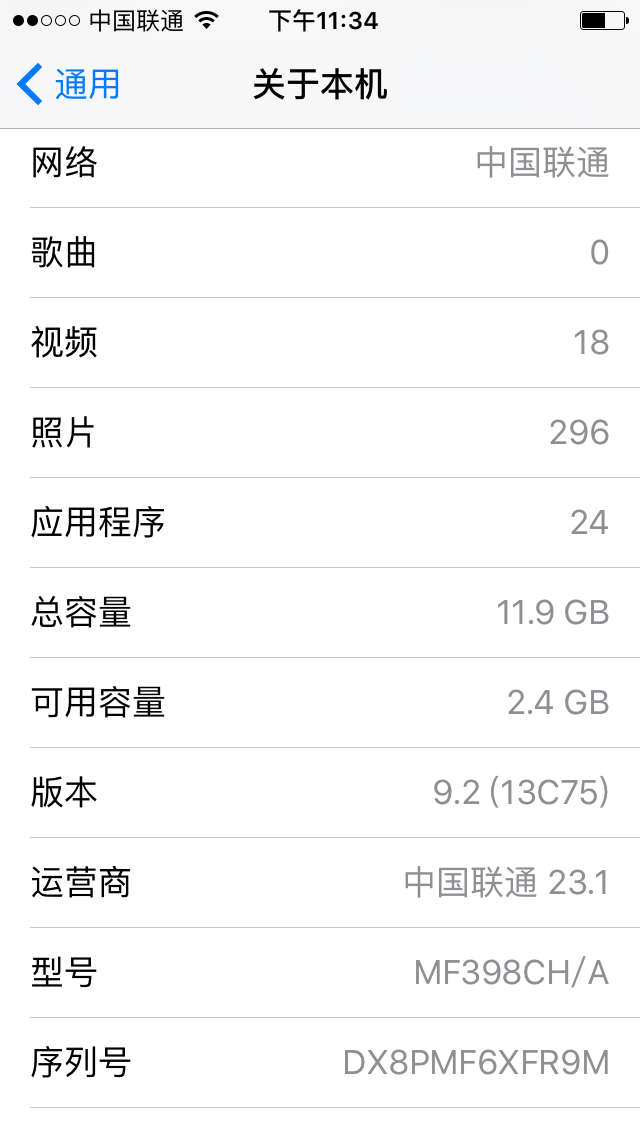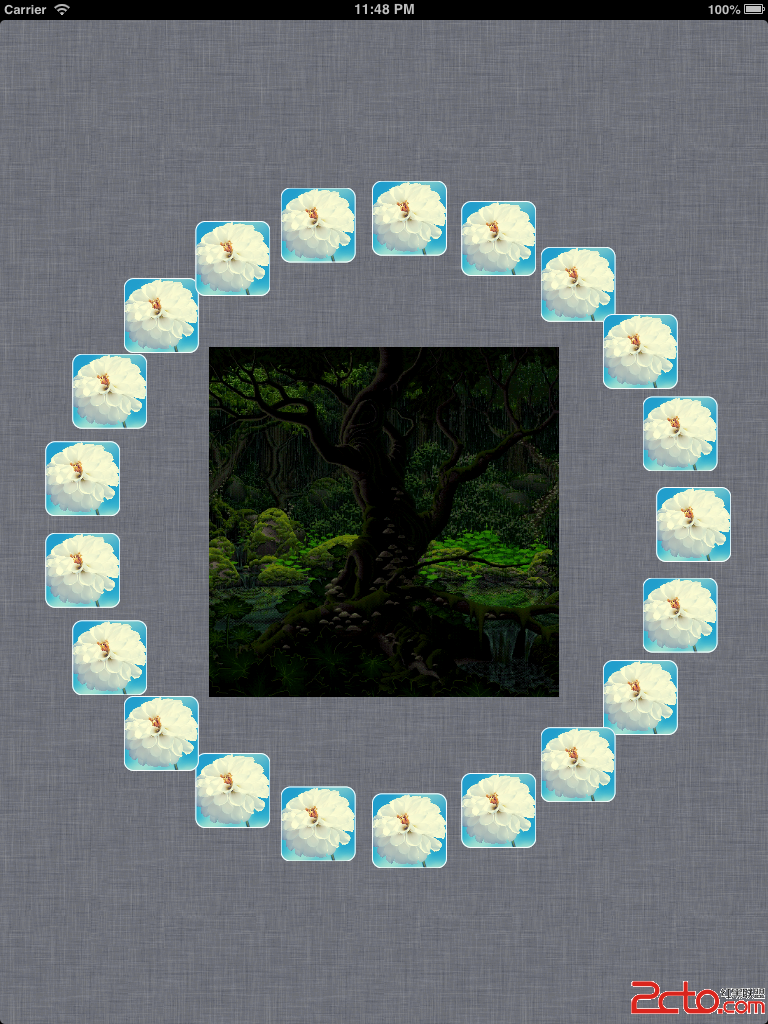Ios教程網 >> IOS編程開發 >> IOS開發綜合 >> iOS 多線程詳解 NSThread, NSOperationQueue(NSInvocationOperation, NSBlockOperation), GCD
iOS 多線程詳解 NSThread, NSOperationQueue(NSInvocationOperation, NSBlockOperation), GCD
編輯:IOS開發綜合
//進程: 程序在計算機的一次執行活動, 一個程序就是一個進程, 在iOS中, 一個app就是一個進程
//線程: 程序執行的最小單元, 一個進程中至少有一個線程(主線程)
//線程中要注意的幾點:1 線程中的autorelease對象不能釋放, 必須手動釋放或者添加自動釋放池 2 子線程中刷新UI可能失敗(在子線程中不要刷新UI)
//隊列:先進先出
//棧:先進後出
//隊列裡涉及到串行, 並行.
//串行: 一次只能執行一個任務
//並行: 一次可以執行多個任務
//多線程使用會增加效率, 但是會增加開銷
//當多個線程訪問同一個資源時, 會出現搶占資源的情況, 需要加一個鎖(NSLock)
//
// FirstVC.m
// LessonThread
//
// Created by lanouhn on 14-9-18.
// Copyright (c) 2014年 [email protected] 陳聰雷. All rights reserved.
//
#import "FirstVC.h"
@interface FirstVC ()
@end
@implementation FirstVC
- (id)initWithNibName:(NSString *)nibNameOrNil bundle:(NSBundle *)nibBundleOrNil
{
self = [super initWithNibName:nibNameOrNil bundle:nibBundleOrNil];
if (self) {
// Custom initialization
}
return self;
}
- (void)viewDidLoad
{
[super viewDidLoad];
// Do any additional setup after loading the view from its nib.
[NSTimer scheduledTimerWithTimeInterval:0.1 target:self selector:@selector(animation) userInfo:nil repeats:YES];
//進程: 程序在計算機的一次執行活動, 一個程序就是一個進程, 在iOS中, 一個app就是一個進程
//線程: 程序執行的最小單元, 一個進程中至少有一個線程(主線程)
}
- (void)animation
{
[UIView beginAnimations:nil context:NULL];
[UIView setAnimationDuration:0.1];
[UIView setAnimationBeginsFromCurrentState:YES];
//參數1: 現在視圖的角度, 參數2: 將要改變的角度, 參數3, 4, 5, 是否改變X, Y, Z軸
self.windmillImageView.layer.transform = CATransform3DRotate(self.windmillImageView.layer.transform, M_PI_4, 0, 0, 1);
}
- (IBAction)banZhuan
{
for (int i = 0; i < 100; i++) {
NSLog(@"搬了%d塊轉", i + 1);
}
}
- (IBAction)banZhuanPro:(id)sender {
//通過NSObject的方法初始化線程
//performSelectorInBackground:<#(SEL)#> withObject:<#(id)#> 會自動開辟一個後台線程, SEL:在這個後台線程中執行的方法, id: 用於傳遞參數
[self performSelectorInBackground:@selector(banZhuanPlus) withObject:nil];
}
- (IBAction)banZhuanWithThread:(id)sender {
//通過NSThread創建線程, 參數1: 方法的執行者, 參數2: 在線程中執行的方法, 參數3: 用於傳遞參數
//1 創建線程
NSThread *thread = [[NSThread alloc] initWithTarget:self selector:@selector(banZhuanPlus) object:nil];
//2 在主線程執行
[thread start];
[thread release];
}
- (IBAction)banZhuanWithNSOperationQueue:(id)sender {
//NSOperation操作單元, 用來執行方法, 是一個抽象的類, 必須子類化或者使用系統創建好的子類:NSInvocationOperation, NSBlockOperation. NSOperation是最小的操作單元, 只能夠執行一次
//NSInvocationOperation創建
//1 創建
NSInvocationOperation *invocation = [[NSInvocationOperation alloc] initWithTarget:self selector:@selector(banZhuanPlus) object:nil];
//2 執行
// [invocation start];
//NSBlockOperation創建
//1 創建
NSBlockOperation *block = [NSBlockOperation blockOperationWithBlock:^{
[self banZhuanPlus];
}];
//2 執行
// [block start];
//這個隊列會自動創建一個輔助線程, 裡面只能添加NSOperation的對象以及子類的對象
NSOperationQueue *queue = [[NSOperationQueue alloc] init];
//設置最大並行數
[queue setMaxConcurrentOperationCount:2];
//只要把操作單元添加到隊列中就會執行, 上面無需start
[queue addOperation:block];
[queue addOperation:invocation];
//隊列:先進先出
//棧:先進後出
//隊列裡涉及到串行, 並行.
//串行: 一次只能執行一個任務
//並行: 一次可以執行多個任務
[queue release];
[invocation release];
}
- (IBAction)banZhuanWithGCD:(id)sender {
//GCD:Grand Central Dispatch 大中央調度 是Apple推崇的多線程管理策略 是通過隊列對多線程進行管理的
//第1中隊列 主調隊列, 在主線程中執行, 並且是串行(一次操作一個)
dispatch_queue_t mainQueue = dispatch_get_main_queue();
//第二種隊列 全局隊列, 在子線程中執行, 並且是並行(一次可以執行多個)
//參數1: 設置隊列的優先級(high, default, low, background)
//參數2: 是預留參數, 未來使用
dispatch_queue_t globalQueue = dispatch_get_global_queue(DISPATCH_QUEUE_PRIORITY_DEFAULT, 0);
//第三種隊列 自定義隊列 在子線程中執行, 可以設置並行或者串行
//參數1: 區分隊列的唯一標示, 是一個可選項, 若不寫, 寫:NULL, 若寫, 規范的例子是: "com.example.myqueue"
//參數2: 設置並行或串行得
//串行: DISPATCH_QUEUE_SERIAL
//並行: DISPATCH_QUEUE_CONCURRENT
dispatch_queue_t customQueue = dispatch_queue_create("com.example.myqueue", DISPATCH_QUEUE_CONCURRENT);
NSLog(@"%@ %@ %@", mainQueue, globalQueue, customQueue);
//同步執行(需要等待執行完畢)
//參數1: 指定隊列 參數2: Block, 執行的操作
dispatch_sync(globalQueue, ^{
[self banZhuanPlus];
});
//異步執行(無需等待)
//參數1: 指定隊列 參數2: Block, 執行的操作
dispatch_async(globalQueue, ^{
[self banZhuanPlus];
});
//延遲執行
// dispatch_after(dispatch_time(DISPATCH_TIME_NOW, (int64_t)(<#delayInSeconds#> * NSEC_PER_SEC)), dispatch_get_main_queue(), ^{
// <#code to be executed after a specified delay#>
// });
}
- (void)banZhuanPlus
{
//線程中要注意的幾點:1 線程中的autorelease對象不能釋放, 必須手動釋放或者添加自動釋放池 2 子線程中刷新UI可能失敗(在子線程中不要刷新UI)
@autoreleasepool {
for (int i = 0; i < 100; i++) {
NSLog(@"搬了%d塊轉", i + 1);
}
}
//不要這樣寫
// self.view.backgroundColor = [UIColor redColor];
//應該這樣寫, 在主線程中刷新UI
[self performSelectorOnMainThread:@selector(refreshUI) withObject:nil waitUntilDone:YES];
}
- (void)refreshUI
{
self.view.backgroundColor = [UIColor redColor];
}
- (void)didReceiveMemoryWarning
{
[super didReceiveMemoryWarning];
// Dispose of any resources that can be recreated.
}
- (void)dealloc {
[_windmillImageView release];
[super dealloc];
}
@end
- 上一頁:iOS 動畫Animation詳解, UIView動畫(UIView屬性動畫,UIViewTransition動畫,UIView Block動畫),CALayer動畫(CABasicAnima...)
- 下一頁:iOS 數據庫詳解 sqlite實現增刪改查操作
相關文章
+



